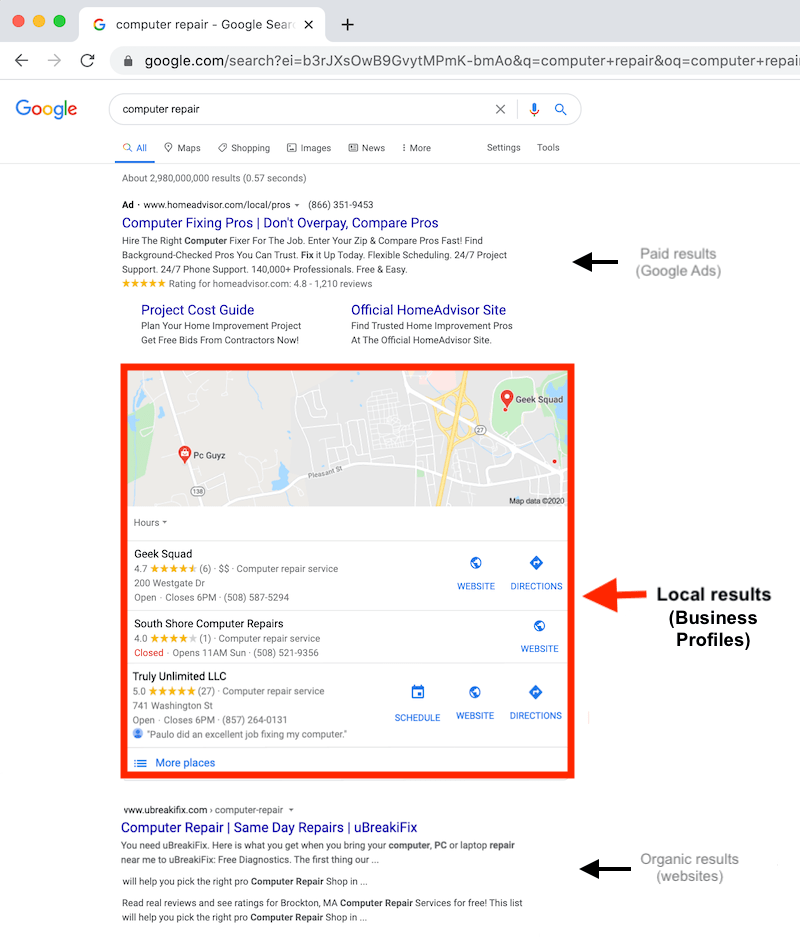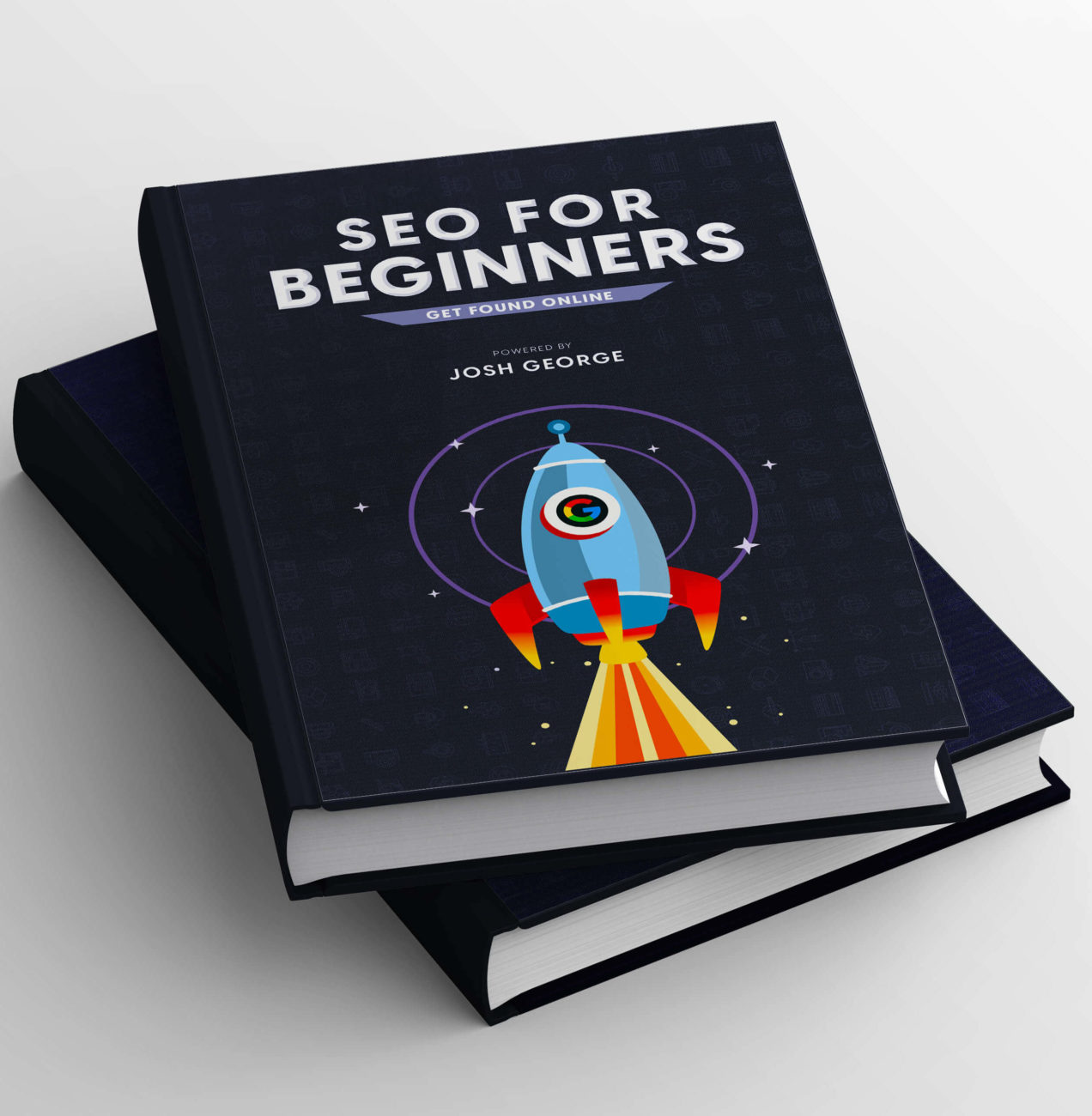SEO is a complex and ever-changing field, and hence it can be hard to keep up with the latest changes in the SEO community, let alone know what techniques work best.
But if there’s one thing you should focus on for your SEO strategy that will boost rankings, it is off-page SEO.
This leads to the question: what are off-page SEO techniques?
Don’t worry; we got you covered. In this article, we’ll go over the basics of off-page SEO, what off-page SEO includes, why it’s essential, and some of the best techniques you can use to improve your rankings.
So, let’s dive in!
What is off-page SEO?
Off-page SEO refers to the actions you take outside of your website to improve your search engine rankings. It includes everything from link building and social media engagement to directory listings and local citations.
In other words, off-page SEO is all about optimising your website’s external visibility. By putting together a robust off-page SEO strategy, you will be able to improve your website’s authority across search engines.
The difference between on-page SEO and off-page SEO
It’s essential to understand the difference between on-page and off-page SEO before going into off-page optimisation techniques.
On-page SEO refers to the actions you take on your website to improve your search engine rankings. This includes techniques like optimising your title tags and meta descriptions, using keyword-rich URLs, adding structured data markup, etc.
On the other hand, off-page SEO refers to the process of optimising your website and its content outside of your website. In other words, you don’t change anything on your actual website but instead focus on building links and increasing your website’s visibility elsewhere through external measures.
While both are important for optimising your website’s visibility, off-page SEO, however, is often seen as more critical for two reasons:
1. It tells search engines that your website is a valuable and authoritative resource.
2. It’s easier to control since you’re not limited by your own website’s design or coding.
With that said, you can’t optimise your website for off-page SEO if you don’t have robust on-page optimisation in place. So, make sure you’re taking care of on-page optimisation first and foremost.
Once you’ve got it under control, you can start working on building your website’s external visibility with the off-page SEO strategies listed below.
Why is off-page SEO important?
Now that you know what off-page SEO is and how it differs from on-page SEO, you might be wondering why it’s so important. Here are a few of the key reasons:
-
Boosts recognition and authority
As mentioned earlier, off-page SEO is what signals search engines that your website is a valuable and authoritative resource. The reason for this is simple- if other websites are linking to your content, it must be good.
Think about it this way- if you’re looking for a new restaurant to try, are you more likely to trust a place recommended by a friend or one that’s not?
Of course, you’re going to trust the recommendation of someone you know. The same goes for search engines. If other websites link to your content, it’s a sign that your website is worth paying attention to. So to put it in simple terms, off-page SEO helps you build the relationship between your website and search engines. The stronger that relationship is, the higher you’ll rank on the SERPs.
In doing so, you’ll also be building your domain authority, which is a crucial factor in improving your website’s overall SEO.
-
One of the most effective ways to increase website traffic
Off-page SEO is also important because it’s one of the most effective ways of increasing website traffic.
Consider this- if you want people to visit your website, you need to make sure they can find it. And one of the best ways to do that is to rank high on SERPs.
The higher you rank, the more people will see your website in their search engine results. And, as more people see your website, the more likely it is that they’ll visit it.
Not to mention, by using off-page SEO methods, you’ll also be increasing your website’s visibility in other places online, such as social platforms and directories. That means you’ll be getting traffic from multiple sources, which is always a good thing.
Techniques for off-page SEO that work
There are a variety of techniques you can use to benefit from the power of off-page SEO. However, not all of them are created equal. That’s why we’ll only be recommending the techniques that we’ve found to be most effective. These are:
1. Link building
Link building is one of the most important factors that influence search engine results because the number of links pointing to your website (inbound links) determines your website’s ranking.
Although the more links you have, the better, it’s not just the quantity of links that’s important, but also the quality and linking page authority.
A high-quality link is one that comes from a website that’s:
- Relevant to your website
- Has a high domain authority score
- And is frequently visited by your target audience
So, when you earn backlinks from authority sites, it tells search engines that your website is also a high-quality and relevant resource.
Think of it as getting a “vote of trust” from another website.
Additionally, although there are several ways to go about building authority links, some of the most effective methods include guest blogging, digital PR, brand mentions, and newsjacking.
Lastly, aim for your backlink profile to be as diverse as possible. That way, you’ll be less reliant on any one traffic source and more likely to rank higher on SERPs.
2. Social media marketing
Social media is another powerful off-page SEO technique. By being active on social platforms, you can increase your website’s visibility and attract more visitors.
This is because, for many users, social media is their go-to source for information. So, by being active on social media, you’re allowing your website to be seen by many people. In a way, social media platforms are like mini search engines in and of themselves.
Additionally, the good news is that there are many ways to use social media to your advantage. For example, you can use social media to:
- Share your content
- Engage with other users
- Position yourself as an expert in your industry
- Handle customer service
- Build relationships with influencers
The possibilities are endless. Just make sure to use a social media strategy that aligns with your overall digital marketing goals.
3. Local SEO
When you do local off-page SEO, you optimise your website for Google’s local results. This means that your website will show up in search engine results when people search for businesses near them. This accounts for 46% of all Google searches , which makes local SEO highly valuable.
Additionally, since local SEO is such a powerful marketing tool, it’s essential to make sure your website is optimised for it as part of your off-page SEO tactics.
To help with this, there are several things you can do, such as adding your business to directories, claiming your Google My Business listing, optimising your website for local search, and more.
Google My Business
Many businesses make the mistake of not claiming their Google My Business listing. This is a huge mistake!
Google My Business is a free listing service that allows businesses to add their business information, such as hours of operation, location, etc. And, the best part about it is that it’s ranked high on Google SERPs.

So by not using Google My Business, you’re missing out on a valuable opportunity to improve your website’s local SEO. On top of that, you’re letting your competitors steal your customers!
To get started, all you need to do is create a business profile. From there, you can add your business information and start optimising your listing for local SEO.
Citations/directories
Another way to improve your website’s local SEO is by adding your business to directories. When you do this, you’re creating a citation for your business.
A citation is simply a mention of your business on another website. They usually include your business name, address, and phone number (NAP). And the more citations you have, the better your website will rank in local SERPs.
There are several directories you can add your business to other than Google My Business, such as Yelp and Foursquare. Remember, the more places you add your business to, the better your website’s local SEO.
In terms of citations, for them to be effective, they must be accurate and consistent across all directors. So, before you add your business to a directory, make sure your NAP information is up-to-date and correct.
4. Forums
This may be an unexpected one, given the history of spamming forums, but they can be a great place to get links. The key is not to spam them to get links but to legitimately add value and participate in the conversation.
In fact, many forums will allow you to include a link to your website in your signature. So, by adding valuable content and participating in the conversation, you can get a high-quality link to your website and, at the same time, position yourself as an expert in your field.
With some commitment, forums can be a great way to build relationships, generate leads, and get links, and soon you’ll be able to create a name for yourself in the industry and be seen as an authority figure.

Examples of such popular forums include Reddit and Quora. There are plenty more but focus on finding ones that are relevant to your industry and start participating in the conversation.
5. Influencer marketing
Influencer marketing has become one of the most popular ways to market your product or service. And, for a good reason– it works!
In a nutshell, influencer marketing is when you partner with an influencer to promote your product or service. Here an influencer is someone who has a large following and can steer their followers to take action. For example, let’s say you sell fitness equipment. You should then ideally partner with a fitness influencer and have them promote your product to their followers.
Influencer marketing thus, when done correctly, can be an extremely effective way to reach a large audience and generate leads. To get started, you need to find influencers specific to your industry.
Once you’ve found a few, reach out to them and see if they’re interested in partnering with you. But, keep in mind that it will be expensive. However, if you have the budget, it’s worth considering.
Lastly, don’t leverage influencer marketing for link building. The whole point of influencer marketing is to reach a large audience and generate leads, not links. So, focus on the campaign’s goal and don’t try to get too many links from it. And if you do, make sure they’re no-follow links. Otherwise, you’ll be violating Google’s Webmaster Guidelines.
6. Guest posting/guest blogging
Guest posting, also known as guest blogging, is when you write a blog/guest post for another website in your industry to provide value to their audience.
For example, let’s say you run a marketing agency. In such a case, you could write a post for a website that focuses on small business tips. In return for the post, you’d usually get to include a link to your website.
This makes guest posting a great off-site SEO technique to get exposure to a new audience and generate leads. And, if you do it correctly, you can also get some high-quality links.

Remember, the key is to find high-quality websites in your industry that are a good fit for your blog post. Your objective should be to tap into their audience and provide value so that your brand is seen as an authority figure.
This is because if you focus on providing value, you’ll get natural links with no effort. And, if you’re able to get your blog post published on a high-quality website, you’ll also see a nice boost in referral traffic.
7. Broken link building
Broken link building is done when you find broken links on websites and then contact the website owner to suggest a replacement link. For example, let’s say you’re a web developer and you found broken links on websites related to web development. In such a case, you should reach out to the website owner and suggest a replacement link to your website.
This type of link building, thus, is a great way to get quality backlinks since you’re providing value to the website owner by suggesting a replacement link. Not only that, but it’s also a great way to get exposure to a new audience and generate leads.
To get started with this technique, find websites in your industry that have broken links. You can use a tool like Monitor Backlinks to do this.
Once you’ve found some, reach out to the website owner and let them know. Lastly, include a link to your website or website page as a replacement.
8. Podcasts
Podcasts are essentially radio shows that you can listen to on your phone or computer. They are becoming more and more popular, as they prove useful in reaching out to new audiences.
They can be helpful in covering just about every topic. For example, let’s say you sell software products. You could start a podcast about the software industry and interview experts in the field. This will help you generate leads and build trust with them.
Additionally, if you’re able to get your podcast featured on popular directories like Apple’s Podcasts, Google Podcasts, or Listen Notes, you’ll also be optimising your business for other search engines and gaining more exposure.
Ready to try out off-page search engine optimisation?
Each of these techniques will help you build high-quality links, expose your brand to a new audience, and generate leads. But, remember that off-page SEO takes time and effort. So, be patient and keep at it.
Remember, consistency is critical.
Now that you know what off-page search engine optimisation is and the 8 techniques you can use, it’s time you get started. So, what’s the hold? Begin today!



